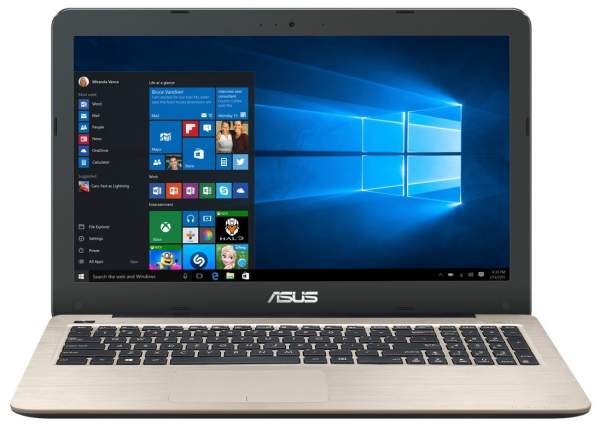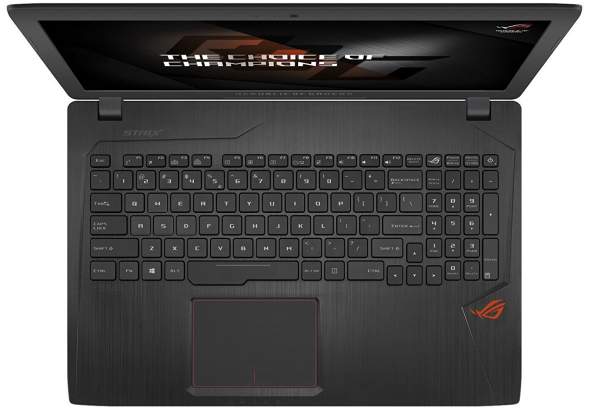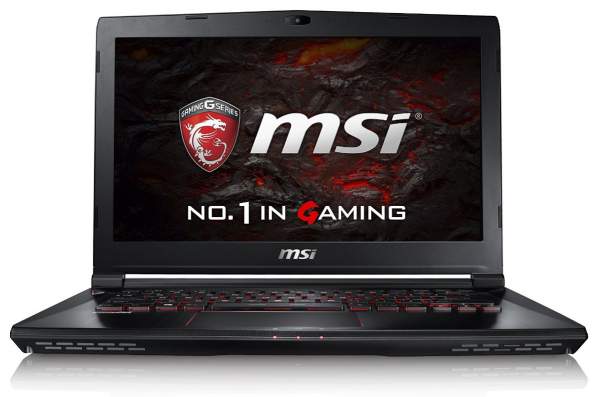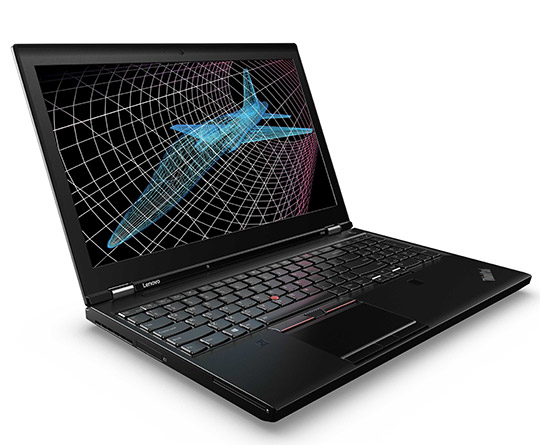What Exactly is Hadoop?
Hadoop is an open source Java-based data analytics framework that handles large data sets very adeptly. Hadoop, as a way to manage data, isn’t going away; in fact, the framework is powering a lot of the data analytics in much of enterprise today and the need is growing at a fast rate.
Why Run Hadoop on a Laptop Anyway?
Hadoop is very easy to install on any machine, but why a laptop? Firstly, a dedicated Hadoop cluster is tough to get your hands on. A dedicated server machine is expensive; add to that the fact that you’ll want to have multiple machines, and it becomes problematic. Also, you can’t take a dedicated cluster home with you to work with Hadoop. Additionally, a laptop is a great machine to have when your cluster fails at 5 pm on a Friday; with a portable machine, you can work with the problems from home much easier. Finally, having Hadoop on a Windows laptop will let you play around with your code and data.
What are the Requirements for a Laptop with Hadoop?
Processor
The better processor for your Hadoop machine, the better it will function. Most Hadoop server nodes will need a set of fairly strong components, so your laptop should also be fairly performant. At a minimum, your processor should either be a dual-core or better i5 or i7 or equivalent AMD processor. While many people prefer eight or more cores, with a laptop, you’ll have to settle for a quad core setup at best.
The power of your processor will greatly hinge on your budget; if you can spend a bit, shoot for at least an Intel Core i7-7820HK or a Xeon processor. Just remember, a highly performant processor like the Intel Xeon E3-1270V5 still will only provide a quad-core level of computational power, though it has a high max turbo frequency of 4.00 GHz.
Operating Memory
If you are installing your Hadoop instance on a virtual machine, as you’ll have noticed from the video that I mentioned above, you’ll need to run it using VMWare. For a multi-node cluster for Hadoop, additional memory will always be preferred. With this in mind, with a three-node cluster, shoot for 12 GB of RAM or more, though you certainly will be fine if you get much more. In fact, some professionals even go with 64 GB of RAM, which is notably uncommon in other fields.
If you want the absolute base, I’d say that you might be able to get away with 4 GB of RAM, but definitely take this suggestion with a grain of salt; it won’t be the most efficient system.
Linux Compatibility
While most laptops are compatible with Linux these days, not all are. If you want to find out if your laptop is compatible with this operating system, PC World has a good guide. In any situation, you might end up running variations like Ubuntu, CentOS, ArchLinux, or Redhat Linux on your new Hadoop laptop. Before you select a new laptop, ensure that it is thoroughly compatible with Linux so that it doesn’t have Wi-Fi or even Bluetooth issues down the road.
Storage
Outright capacity isn’t as big of a deal with Hadoop-running laptops, but for those times that you’ll be running models, it’s useful to have a solid-state drive over a mechanical HDD-style hard drive. This is because this style has faster overall access speeds that will enhance the data manipulation process. In my opinion, you won’t need a massive solid-state drive, so you can save a bit of money by getting a smaller 250 GB one and supplementing its space with an additional mechanical unit that has more overall storage real estate.
Best Laptops for Hadoop
We’ve laid down our requirements clearly, now it’s time to map all laptops to their specs, filter out the unsuitable candidates, sort them by their score:price ratio and reduce everything to a small list of the best laptops for Hadoop!
ASUS VivoBook F556UA-AB54

The first selection in my list of the best laptops for Hadoop is the ASUS VivoBook F556UA-AB54. This is the absolute least that you can expect for a system that can run this data analytics program without sacrificing too much in the way of functionality. That being said, you might be safest running this on a single-node Hadoop setup.
It has a dual-core processor – the i5-7200U, which has a max turbo frequency of 3.10 GHz. This is a fairly performant processor despite its lower amount of cores and can work well, especially if you’re on a budget. While higher-end algorithms might be tougher on this processor, it can definitely provide some good overall performance. Additionally, this system comes with 8 GB of RAM, which isn’t too bad for running a single-node.
Power-wise, this machine also has a decent overall battery life; you can expect this laptop to last a little more than five hours on a single charge under mild work, which isn’t bad for getting your laptop from place to place. Also, the 250 GB SSD is also more than enough storage for most Hadoop work.
Lenovo IdeaPad 700

Our second laptop is a more powerful laptop that employs a quad-core i7-6700HQ processor from Intel. This processor has a max turbo frequency of 3.50 GHz and is part of the sixth generation of Intel Core i7 processors. Despite this fairly powerful laptop CPU, the Lenovo IdeaPad 700 has a very respectable battery life; you’ll get about six hours out of it at moderate workloads.
While this laptop is a bit heavy at almost seven pounds, its 15.6-inch display is an IPS LED that’s backlit and has a standard HD resolution (1920×1080). This display is also treated to be anti-glare, which is useful in bright rooms.
Personally, I prefer machines that employ a solid-state and HDD combo; these machines allow you to sidestep the high cost of solid-state storage a bit and still enjoy the medium’s fast access times. This laptop has this feature with a 250 GB solid-state drive for Linux (and other OS’s) and your applications, and another 1 TB HDD that you can use to store your data analytics files and general data storage.
ASUS ROG STRIX GL553VD-DS71

I know what you’re thinking, “Isn’t this a gaming machine?” Well, yes it is, but this doesn’t preclude some great analytics capabilities, which are partially due to the high amount of RAM and exceptional processor in this laptop. The memory in this machine is very impressive, for the middling price tag of $1350, this machine has a full 32 GB of memory and even comes with a seventh generation i7 7700HQ processor. The processor is quad-core and has a solid performance that’ll work well with multi-node Hadoop cluster that comes complete with running services (daemons) on multiple instances.
In addition to these features, I really like the fact that this laptop feels a bit thick. Since you’ll be doing some heavy work on it, it’s nice to have a bit of solidness to it. Despite this, this isn’t a very heavy machine; it only weighs about five and a half pounds or so.
Like the previous laptop, the ASUS ROG STRIX GL553VD-DS71 also employs a dual hard drive setup that works well for storing applications on the 250 GB SSD and placing general files on the 1 TB HDD.
MSI GS43VR

Another laptop that packs in the seventh generation i7-7700HQ, which is excellent for Hadoop, the MSI GS43VR is a great high-performance machine. Not only does it pack in 32 GB of memory, but it also has a Nvidia Pascal GTX 1060, which is great if you need to leverage CUDA for computational power. While this laptop is also gaming-powered, I find that its strong stats make it exceptional for a Hadoop node.
Insofar as display, this laptop runs an IPS panel, which is typically more vivid and has higher contrasts than the standard TN displays. This means that your data sets will be easy to read and any graphical applications that you run on the system will be beautiful.
Its chief weakness is that it runs a bit hot when you’re taxing its resources, which isn’t that great when you’re gathering data sets and running queries. If this is going to be a laptop that you select, then I suggest purchasing a cooling platform for general operation. Amazingly, this is the smallest laptop in my reviews; it’s only 14 inches or so and weighs less than four pounds.
HP Omen 17

For our next laptop, the HP Omen 17, we take a slight step back when it comes to the CPU. This machine uses the sixth generation Intel i7-6700HQ quad-core processor that is still very powerful and has a 2.60 GHz clock speed. Once again, this laptop has a very powerful Nvidia Pascal graphics card; this time it’s the GTX 1070, which is the second most powerful in the Pascal series of cards. If you have a need of extra programming oomph, the CUDA platform technology in this card will enable a dramatic increase in your overall computing performance.
When it comes to storage, this machine has more than enough; it uses a half-terabyte SSD and a two terabyte HDD, which will work well for both your programs and your computer files. It also has an impressive 32 GB of RAM, which can actually be upgraded if you need it.
Lenovo Thinkpad P50

Another great Linux-ready machine from Lenovo, the Lenovo Thinkpad P50 is an outright powerhouse. This laptop can serve as a dedicated workstation for Hadoop and even packs in a staggering 64 GB of RAM! On top of this, you get a nearly unheard-of 2 TB SSD, which somewhat explains the laptop’s $3000-plus price tag. As an enterprise-ready computer, I loved the fact that this laptop has some strong security options including OPAL-2 SSD.
This is also a great professional data science and visualization laptop as it employs one of Nvidia’s powerful Quadro M2000M graphics cards with 4GB of video RAM. It’s chief drawbacks are a dim monitor and poor speakers, but these aren’t huge problems in my opinion. Overall, if you have the budget, the Lenovo Thinkpad P50 will serve as a great workstation-grade Hadoop laptop.
Table of Best Laptops for Hadoop
| Laptop | Price (approx) |
| ASUS VivoBook F556UA-AB54 | $550 |
| Lenovo IdeaPad 700 | $950 |
| ASUS ROG STRIX GL553VD-DS71 | $1,350 |
| MSI GS43VR | $1,850 |
| HP Omen 17 | $2,200 |
| Lenovo Thinkpad P50 | $3,250 |
Wrapping it Up
Hadoop and big data analytics are the wave of the future, especially considering that the field is growing to be a 46.34 billion dollar industry. Each of the laptops that I’ve covered here will work great for someone who is looking to learn about data analytics or who wants a portable system that can be used to analyze zettabytes of customer and business data. If you have any questions about any of the high-performance machines that I’ve featured here, drop me a comment below.

Hi,
Thank you very much for a nice article.
Im planning to purchase ‘ASUS ROG STRIX GL553VD-DS71’ .
I would like to know how to install Hadoop cluster on this machine. AS it comes with windows 10, do we need to use VM’s to install?